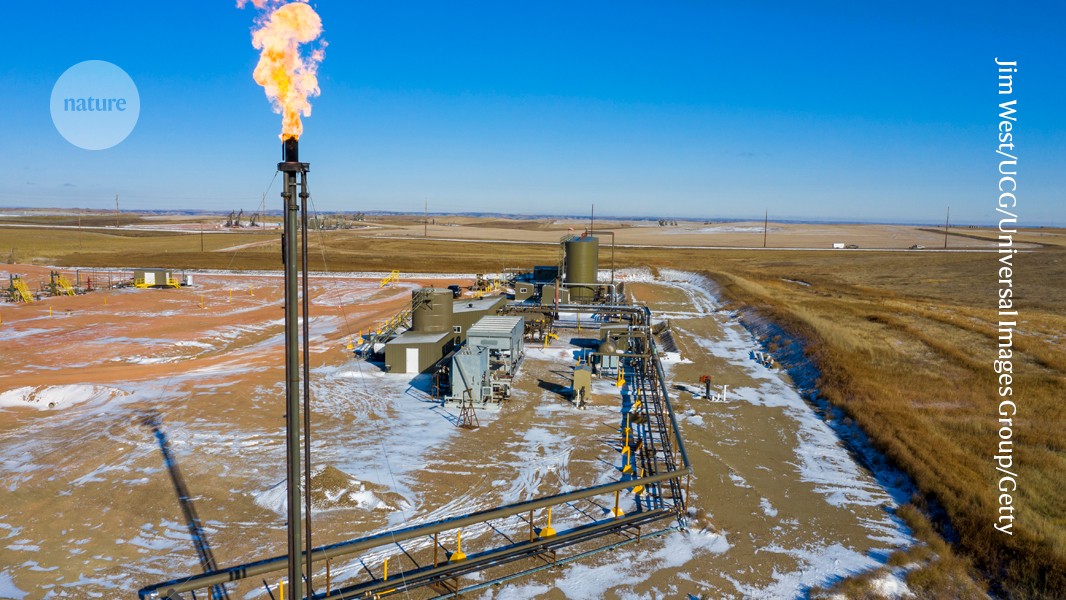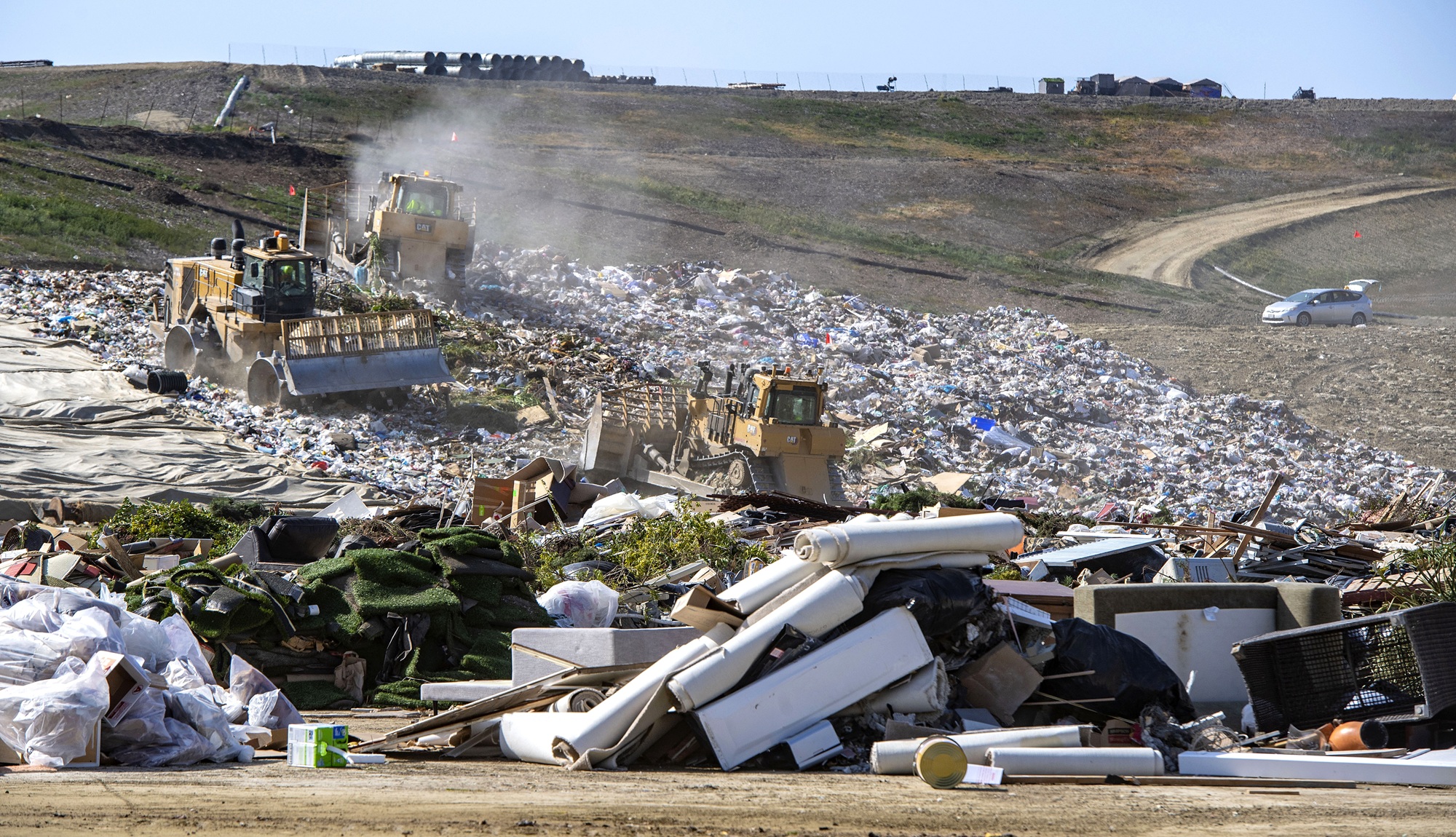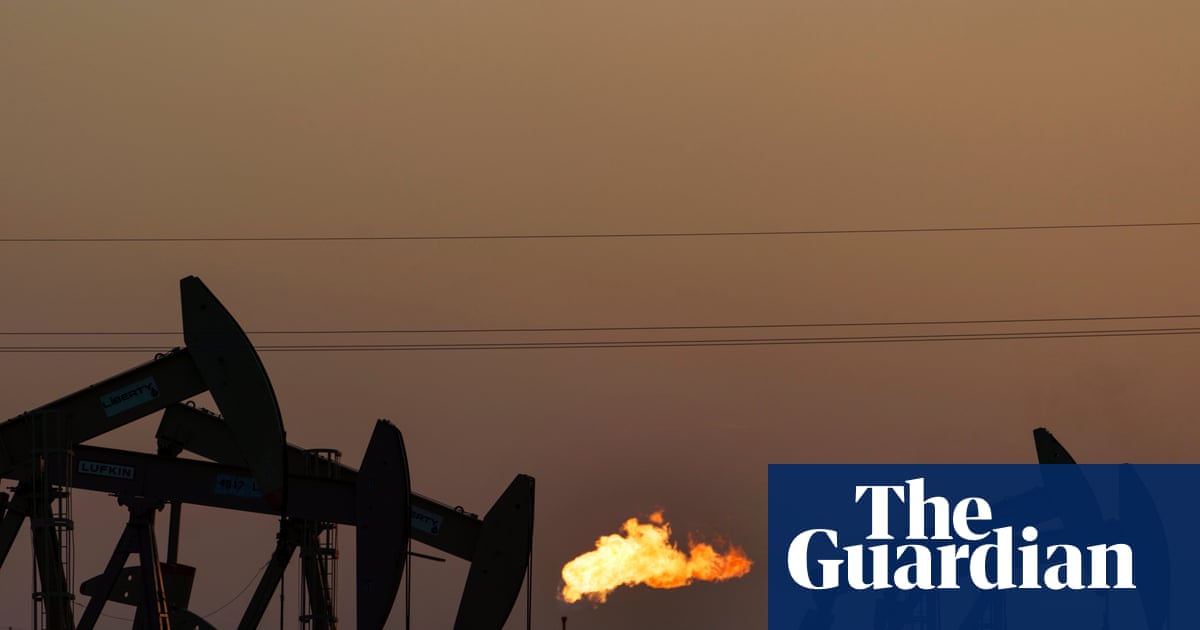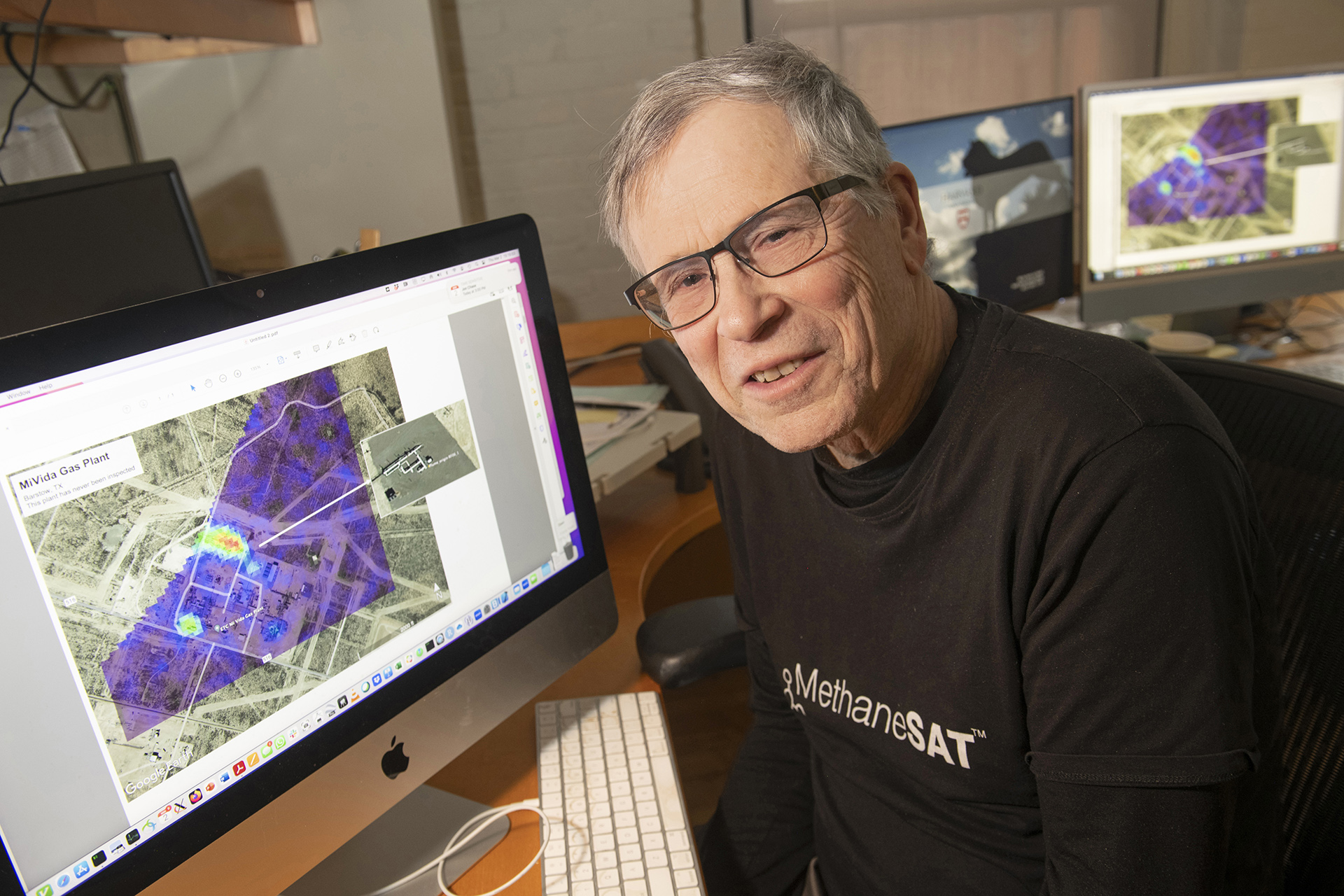#methane emissions
#methane emissions
[ follow ]
#methane-emissions #climate-change #greenhouse-gases #methanesat #greenhouse-gas #oil-and-gas #global-warming
fromLos Angeles Times
3 months agoNestle quietly exits global initiative to reduce dairy methane emissions
Less than two years ago, a group of the world's biggest food companies, including Nestle SA, Danone SA and Kraft Heinz Co., announced a major alliance to cut methane emissions from their hundreds of thousands of dairy suppliers. Last month, however, Nestle's logo vanished from the initiative's website. Officials at the Swiss food giant confirmed that they've withdrawn from the effort, known as the Dairy Methane Action Alliance.
Environment
fromTechCrunch
4 months agoLeaked doc reveals the chaotic politics behind Trump Energy Department cuts | TechCrunch
Not all projects focused on renewable energy, though. Two listed in the document, one for $300 million to Colorado State University and another for $210 million to the Gas Technology Institute, would have helped oil and gas producers large and small reduce methane emissions from their wells. The Gas Technology Institute is a research and development organization that mostly caters to the natural gas industry. The group had a dozen awards canceled, according to the document, totaling $417 million.
US politics
fromState of the Planet
4 months agoNYC's Composting Rates Are Low. A Sustainability Expert Thinks AI Will Offer a Solution. Eventually.
In the U.S., more than one third of food goes to waste. As such, more food ends up in landfills than any other material. There, organic products decompose and produce methane, a powerful greenhouse gas that contributes to warming the planet. According to the Environmental Protection Agency, discarded food is responsible for 58 percent of methane emissions from landfills. But this organic waste can instead be put to good use if it is composted.
Environment
East Bay (California)
fromwww.berkeleyside.org
8 months agoBerkeley to close Cesar Chavez Park Tuesday and Wednesday as a drone tests for methane leaks
Cesar Chavez Park is closed for two days for drone testing to check for toxic gas emissions from a former landfill.
Mandatory drone survey required due to past mismanagement of methane reportedly leaking from the landfill.
[ Load more ]











